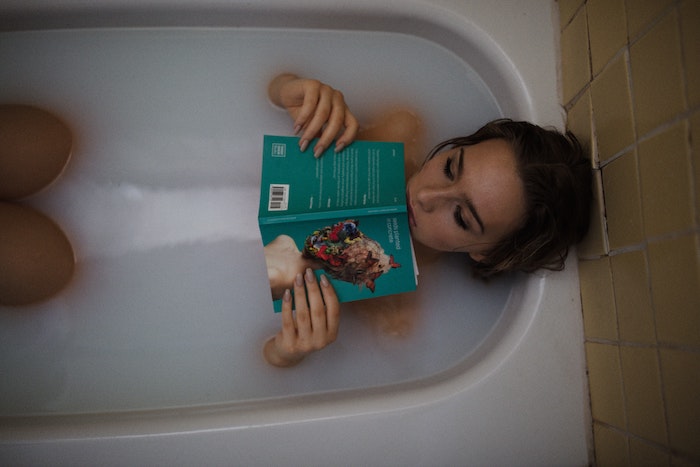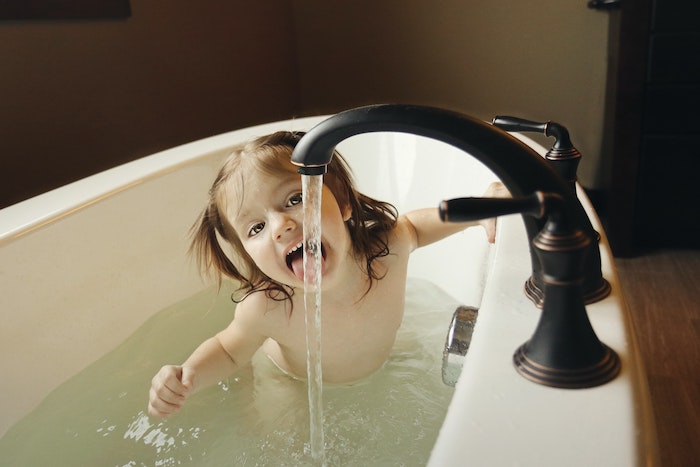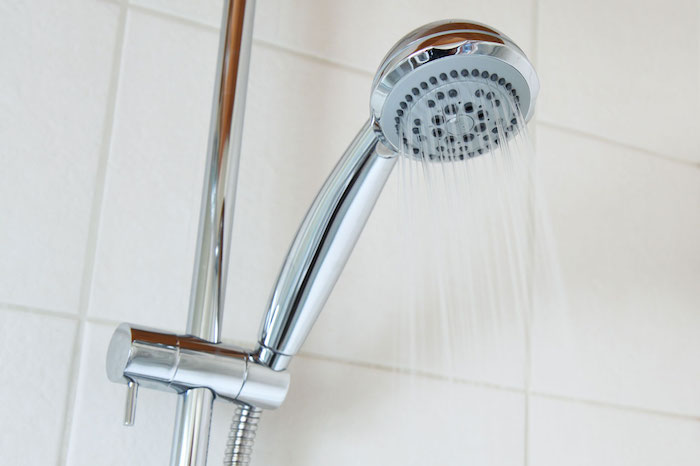Water consumption is an area of concern for all households. Our homes are one of the areas where we use a lot of water and where we really need to be aware and more efficient with our usage, especially when local or national water supplies can’t readily meet our demands. A good way to manage water consumption in your home is knowing which areas use the most of it and learning how you can save on your water usage through various methods such as installing water-saving showerheads.
This leads us to the question of whether or not bathtubs waste a significant amount of water. The answer is yes. Bathtubs do consume far more water compared to showers. On average, showers are more environmentally friendly than baths. Showers typically use about 30 gallons of water compared to total of 40 gallons for an average bathtub to be filled.
In this article, we will address the topic of water consumption in both bathtubs and showers, as well as other related questions.
Is a Bathtub Supposed to Use Up a Lot of Water?
A bathtub does not really waste water since it only uses the amount of water that is needed for bathing. On average, a bathtub takes about 40 gallons of water. It also depends on the size of the tub. Whereas with showers, the water consumption varies depending upon the time you actually spend taking your shower. If you take shorter showers, less water is used. However, if your showers are longer, you will use far more water than is recommended.
How Much Water Does the Average American Use Each Day?
The amount of water used by Americans for bathing is about 26% of the total consumption amount of the entire household. Americans use an average of 100 gallons of water per day for various purposes. One person generally requires nine gallons of water per day for drinking and cooking, and only 4.5 gallons are used in bathing and taking showers.
Are Baths Unsanitary?
Although baths are typically taken to get clean, in the exception of those who soak to relax their muscles after a hard day of work, the issue of whether taking a bath is truly sanitary or not is often debated. You can use any number of soaps or shampoos to clean the dirt and build-up off of your hair and body, but these germs and debris end up washing into the bathwater itself.
For those who bathe and then rinse themselves after standing up, this is still a suitable method of cleaning. However, for those who do not rinse off upon standing up from the bathwater that ends up containing all of their washed away filth, they will end up carrying some of this lingering uncleanliness with them. Towel-drying off may help remove some of the dirt and oils still lingering on your body, but overall, a bath is not nearly as sanitary as a shower (which simply washes all dirt and debris straight down the drain).
How Long Should You Soak in a Bath?

A person can spend as little or as much time soaking in a bathtub as they please, depending upon the convenience of the individual and their schedule. However, it is recommended that you don’t often exceed 45-60 minutes in a soak and be cautious of your body temperature.
Some individuals may choose to soak in extremely warm water to relax their muscles, but this can be dangerous if not monitored closely or the individual is dehydrated. (Overheating one’s body can cause a dangerous drop in a person’s blood glucose levels which can lead to fainting and blacking out.) Additionally, when soaking for too long, it’s also possible for someone to not realize just how cold the water temperature has cooled to, and this may lead to chills and discomfort upon getting out of the tub.
Is It Okay to Take a Bath Every Day?
There is nothing wrong with taking a bath every day as long as the amount of water consumption is not greatly impacted by this. The only problem with taking baths too often is that you may more quickly use up all the clean water supply available to your household (depending upon your living situation) and may be forced to draw water from other sources that could potentially contain contaminants and dirt.
This does not mean that you should stop taking baths altogether, but instead you should do so only once every few days, if possible. In the meantime, you can take showers most days since they are even more convenient and often more eco-friendly.
Does Replacing a Bath with a Shower Devalue a Home?
When it comes to the resale value of a home, you may be wondering whether replacing the baths in the house with showers will devalue it.
It is important to understand that the market value of a house is rarely impacted by the types of bathrooms it has, although removing baths may be a problem for any families seeking to buy a home since young children often need to use them instead of showers. For single or childless adults though, this shouldn’t have a significant impact.
How Much Does It Cost to Run a Bath?

On average, to heat 40 gallons of water (with that being the average capacity of a standard bathtub) should cost about 40 to 80 cents each time the bath is filled to this volume with warm water.
For some who takes a bath every 2-3 days, this should contribute about $6 per month (on the cheapest end) to $8 (assuming higher pricing and usage) of the monthly water bill. For a person to bathe every single day for an average heating price of 70 cents in this case, you should expect to have about $21 of your water bill for a 30-day month.
Can You Recycle Water From Your Bathtub?
It is typically not recommended to recycle water from your bathtub due to the chemicals used when bathing or cleaning the tub. In situations such as when people are at risk of losing power and clean water sources during a hurricane or other disaster, these individuals will often fill their tubs with clean water to use for flushing their toilets or washing themselves with wet rags when their running water is no longer available during or after extreme weather conditions.
However, this tub water is NOT suitable for drinking and must be boiled and sterilized before even being used for cooking. For any other purposes though, this is typically okay to use. If someone has bathed in the tub water one wants to use or recycle though, the oils and dirt from their bodies will then be present in the water and will mean it is contaminated and not ideal for reuse.
Related Questions
Which is more eco-friendly/environmentally friendly: taking a bath or taking a shower?
On average, showers are more environmentally friendly than baths since showers use about 30 gallons of water compared to 40 gallons for an average bathtub. However, for those who take extremely long showers, this isn’t the case, and a bath may be a more suitable water-saving option.
How much water does it take to fill up a bathtub?
It takes about 40 gallons of water to fill up an average-sized bathtub. This may vary depending upon if you happen to have an unusual model of tub in your home, but this is the average amount required in most cases.
How long can you be in a bathtub for without wasting water?
Since the tub is filled beforehand and you aren’t actively using running water while bathing in a tub, you will only be using the amount of water required to fill your tub to the ideal volume for you to comfortably bathe. Therefore, there really isn’t any waste unless you are actively draining and refilling the tub while it’s in use. The duration in which you stay in the tub does not affect the amount of water used except for when draining and refilling apply.
What type of water should I use when bathing?
If you are taking a bath, as long as your home is connected to a clean water source, the water that comes straight from the faucet is perfectly fine.
No special types of water are needed for bathing unless you happen to have certain health conditions or potential allergies to any minerals typically found in tap water that need to be avoided (which is incredibly rare). For those who care to soak rather than simply bathe and clean themselves, you can also dissolve certain salts and magnesium flakes in warm water to soothe sore muscles and help you relax.
See Also:
How Much Does A Jacuzzi Bathtub Cost?
Can I Put A Bathtub In My Shower?
Is A Showerhead Clean? Detailed Explanation
Toto Washlet A100 Review – Read This First!


